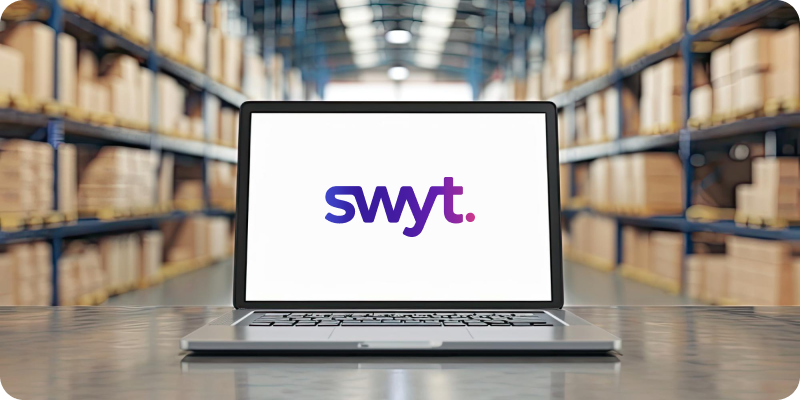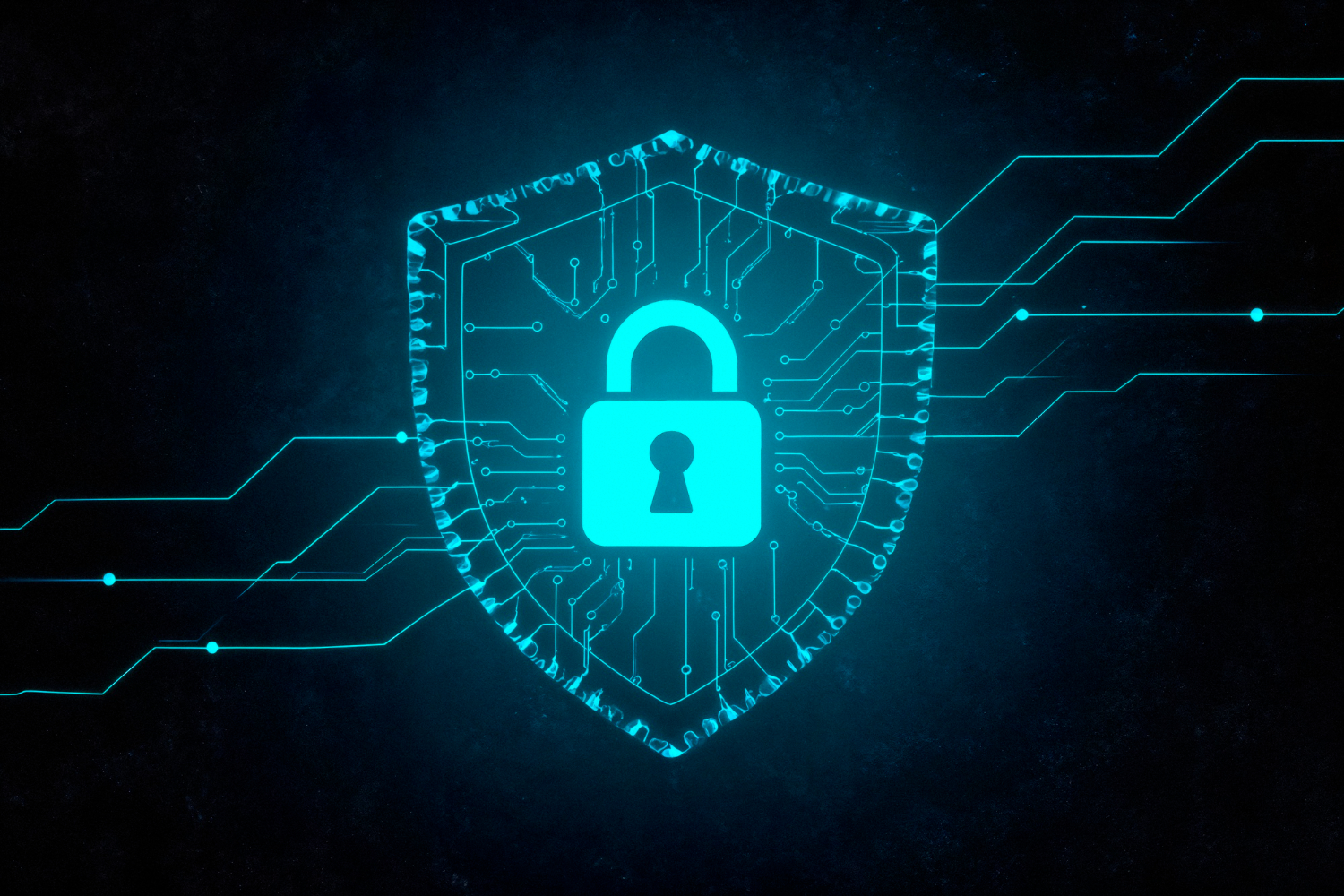Network Security Explained: Protecting Your Business from the Ground Up

Every email sent, every client file shared, and every transaction processed in your business flows through your network. It’s the invisible backbone of your operations. If your network isn’t secure, neither is your business.
For SMEs in the UAE & GCC, weak network security is one of the biggest hidden risks. It leaves businesses vulnerable to cyberattacks, downtime, and reputational damage. Yet many SMEs still think “network security” begins and ends with a Wi-Fi password.
The reality is far more complex, and far more important.
What Is Network Security?
Network security is the set of technologies, controls, and processes that protect how data moves in, out, and across your business.
It’s not just your Wi-Fi. It covers:
- Your office internet and LAN
- Cloud connections to apps and services
- Firewalls controlling traffic
- Remote access (VPNs)
- Devices like laptops and phones that connect to your systems
Strong network security ensures that only authorized users can access your systems, that traffic is monitored, and that threats are blocked before they cause damage.
The Risks of Weak Networks
When network security is neglected, SMEs open themselves up to serious risks:
- Unsecured Wi-Fi: Without WPA3 encryption, attackers nearby can intercept traffic. Guest devices on the same network can expose sensitive systems.
- Flat networks: If your finance, HR, and guest traffic all run on the same segment, one breach exposes everything.
- Outdated firewalls: Legacy firewalls don’t detect modern threats like malware hidden in encrypted traffic.
- No monitoring: Attacks go unnoticed for weeks or months — until the damage is done.
- Hybrid & remote work: Employees connecting from cafés, homes, or airports create new entry points for attackers.
For SMEs, even a minor network compromise can shut down operations, expose client data, and destroy trust.

The Key Layers of Network Security
Strong network security is built in layers — each designed to stop a different type of threat.
1. Wi-Fi Security
- Use WPA3 encryption to prevent unauthorized access.
- Separate guest Wi-Fi from business traffic.
- Hide SSIDs and enforce strong passwords.
2. Network Segmentation
- Divide your network into zones (e.g., finance, HR, guest, operations).
- If one zone is breached, others remain protected.
- Essential for compliance frameworks like SOC 2 and ISO 27001.
3. Firewalls
- Next-generation firewalls (NGFWs) inspect traffic, detect threats, and block attacks.
- Managed firewalls ensure updates and rules are continuously applied.
- Outdated firewalls leave blind spots attackers can exploit.
4. Endpoint Detection & Response (EDR)
- Every laptop, phone, and server is a potential entry point.
- EDR tools monitor endpoints continuously, detecting suspicious behavior in real time.
- Without EDR, a single compromised device can spread malware across your network.
5. Access Control
- Enforce multi-factor authentication (MFA) for all logins.
- Apply role-based access so employees only access what they need.
- Remove unused accounts immediately when staff leave.
6. Continuous Monitoring
- Use automated systems to monitor for unusual traffic.
- Real-time alerts mean issues are stopped before they become breaches.
The Business Impact of Strong Network Security
For SMEs, strong network security delivers real business outcomes:
- Prevents breaches: Protects sensitive client data and preserves trust.
- Reduces downtime: Stable, monitored networks prevent disruptions.
- Ensures compliance: SOC 2, ISO 27001, and local compliance industry frameworks all require network security controls.
- Supports productivity: Secure networks allow employees to work safely from anywhere.
- Protects growth: Investors and clients increasingly demand proof of IT security.
In other words, network security isn’t just an IT requirement. It’s a business continuity strategy.

How SMEs Can Strengthen Network Security Without Enterprise Budgets
Many SMEs assume network security requires large IT teams or costly enterprise tools. That’s no longer the case.
Practical steps include:
- Outsourcing network management to a managed IT provider.
- Automating patching and monitoring to reduce manual work.
- Using managed firewalls and EDR instead of in-house solutions.
- Paying per user with predictable monthly pricing instead of costly incident bills.
With the right partner, SMEs can achieve enterprise-grade network security at a fraction of the cost.
How Swyt Delivers SME Network Security
At Swyt, we’ve built network security into our IT Security offering, giving SMEs in the UAE & GCC enterprise-grade protection without enterprise costs.
Our approach includes:
- Secure Wi-Fi setups with guest access and WPA3 encryption
- Network segmentation to isolate sensitive systems
- Managed firewalls updated in real time
- EDR across all endpoints for continuous protection
- Proactive monitoring with AI-driven alerts
- Compliance mapping to SOC 2, ISO 27001, and DFSA standards
Delivered through a simple per-user model, Swyt makes advanced network security accessible to every SME.
Conclusion: Secure Your Business from the Ground Up
Your network is the foundation of your digital business. If it’s not secure, your data, your clients, and your reputation are all at risk.
The good news: SMEs don’t need enterprise budgets to get enterprise-grade network protection. With the right partner, you can build strong defenses, meet compliance obligations, and operate with confidence.
At Swyt, we help SMEs in the UAE & GCC secure their networks from the ground up — protecting not just data, but client trust and business growth.
Next Steps
Stop leaving your network exposed. Protect your business today.










































